Nature Knows and Psionic Success
God provides
Developing technology to place minute ‘marks’ in the brain
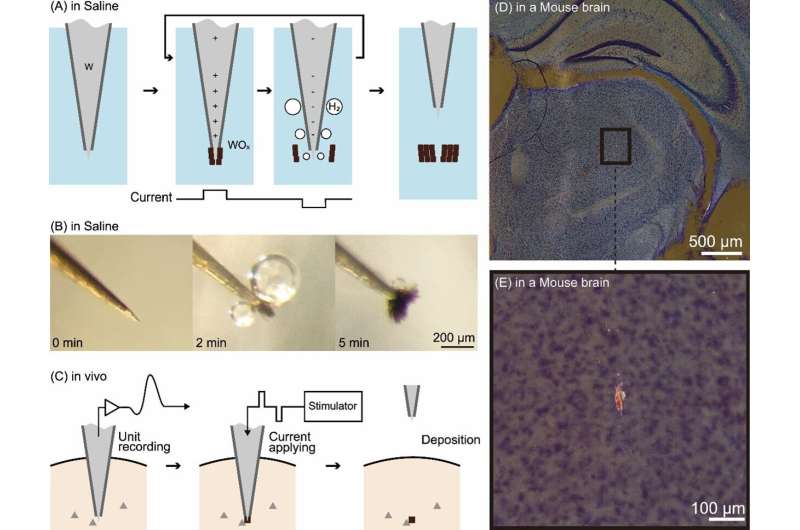
(A) Principle of the technology. (B) Electrolysis of a tungsten electrode in physiological saline. The black lumps are oxides. (C) Procedure for applying this technology in vivo. (D) Dark-field observation image of a slice of a mouse brain in which this technology was applied…
A small study offers hope for people with traumatic brain injuries
ARI SHAPIRO, HOST: A severe traumatic brain injury often causes lasting damage. GINA ARATA: I couldn’t get a job because if I was, like, say, a waitress and you put in an order, I would forget. I couldn’t remember to get you, like, a…
Experimental deep brain stimulation offers hope to treat cognitive deficits after traumatic brain injuries
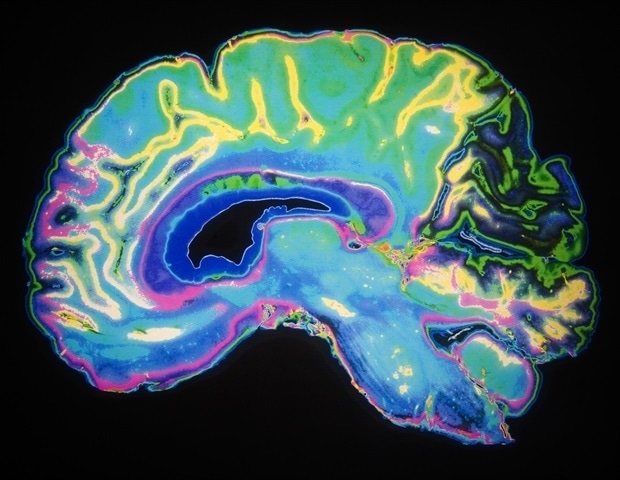
Five people who had life-altering, seemingly irreversible cognitive deficits following moderate to severe traumatic brain injuries showed substantial improvements in their cognition and quality of life after receiving an experimental form of deep brain stimulation (DBS) in a phase 1 clinical trial. The trial,…
In a first, human study shows how dopamine teaches our brain new tricks

More than just the ‘rewards’ chemical, dopamine helps our brains avoid negative experiences based on previous ‘punishment’ For the first time, dopamine regulation has been mapped in real time, deep inside the brains of three humans, revealing how the brain neurotransmitter plays an essential…
Unlocking the secrets of the brain’s dopaminergic system
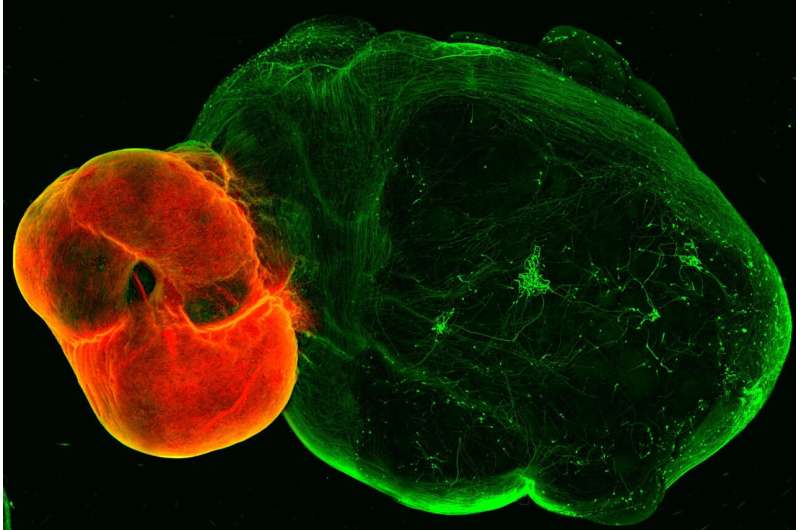
by IMBA- Institute of Molecular Biotechnology of the Austrian Academy of Sciences Dopaminergic neurons in the ventral midbrain (red) and ventral midbrain projections into striatal and cortical tissue (green). Credit: (c) Daniel Reumann/IMBA A new organoid model of the dopaminergic system sheds lights on…
Brain’s Reward Pathway Unlocked: Revealing the Secrets of the Dopaminergic System
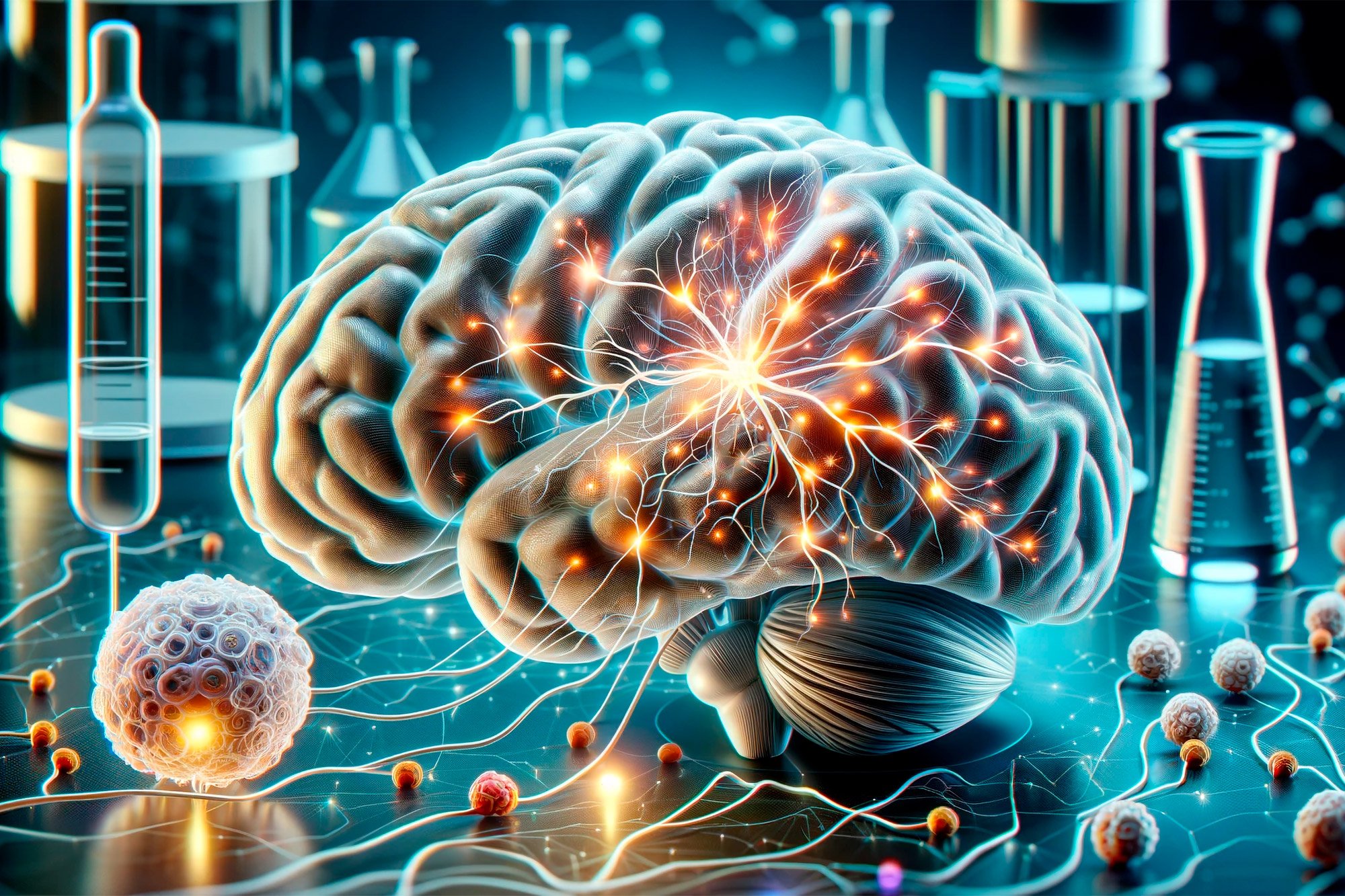
Scientists developed a revolutionary organoid model of the dopaminergic system, providing significant insights into Parkinson’s disease and the long-lasting effects of cocaine on the brain. This model is a promising tool for advancing Parkinson’s disease treatments and understanding the enduring impact of drug addiction….
Exercise Boosts Brain Power—Neuroscientists Don’t Know How
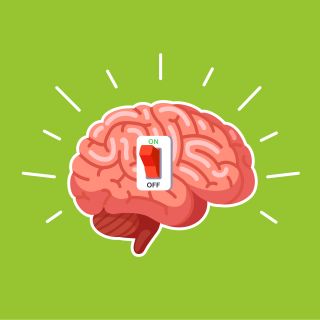
Key points Moderate-intensity aerobic exercise (cardio) increases prefrontal cortex oxygenation and boosts brain power. Even with an insufficient oxygen supply or acute hypoxia, doing cardio can improve cognitive performance. Increased cerebral blood flow alone may not explain why aerobic exercise improves executive function. Vitalii…
Probe Into Brain’s Memory Center Could Solve Mystery of Alzheimer’s Cause
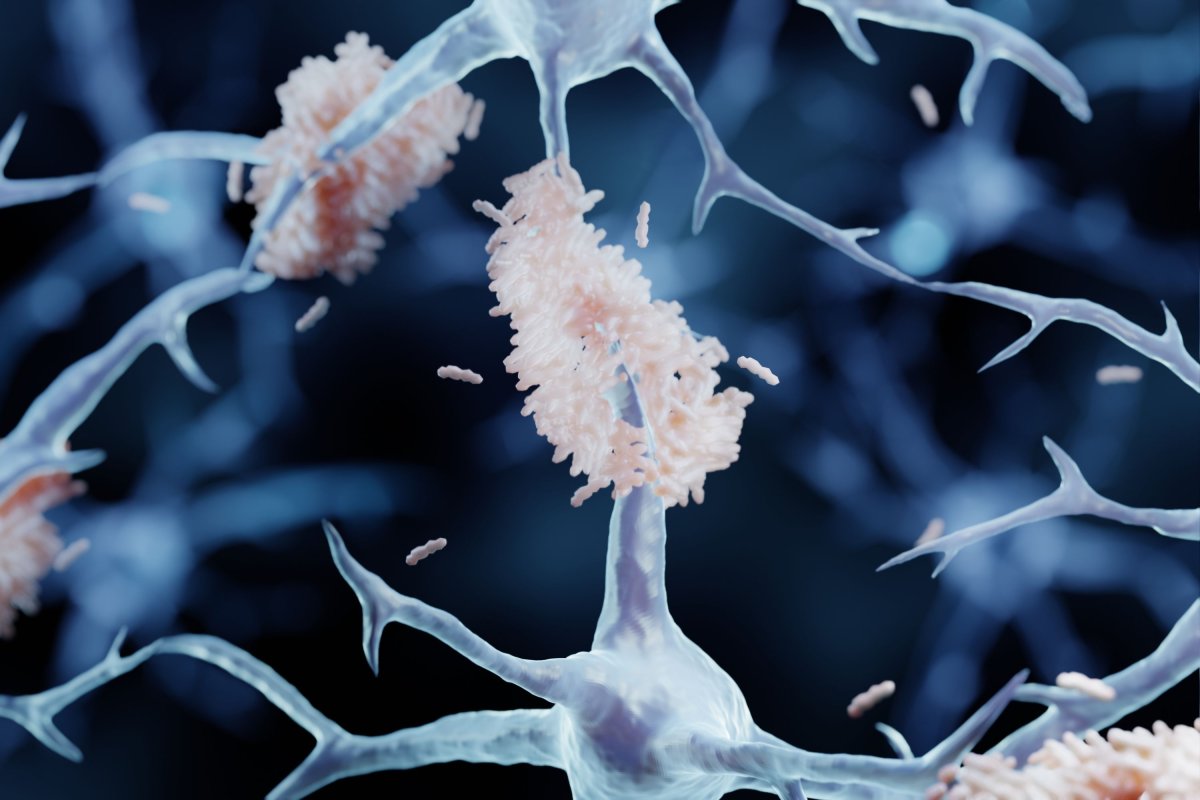
U.S. researchers are developing a new tool—a multipurpose fiber that will provide a window into the deep brain—with the goal of learning how to slow down or even reverse memory loss in Alzheimer’s disease. Barely thicker than a strand of human hair, the tiny…
Hunger Games: How Gut Hormones Hijack the Brain’s Decision Desk
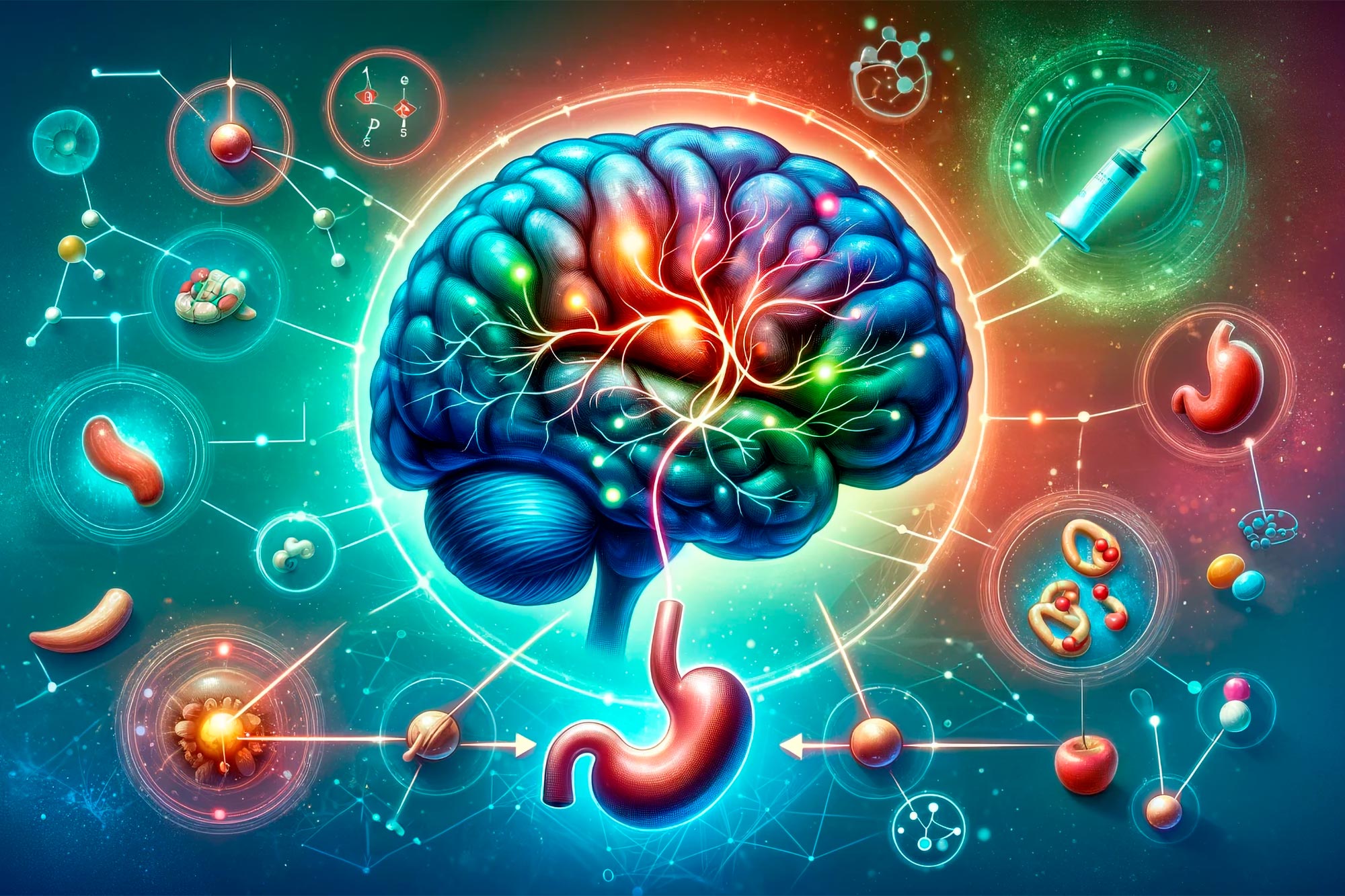
Scientists have discovered that a hunger hormone in the gut directly influences the brain’s hippocampus, affecting decision-making related to food. The study, conducted on mice, showed that hunger hormones modify brain activity to either inhibit or permit eating based on the animal’s hunger level….
Heartbeats and brain activity: Study provides insight into optimal windows for action and perception
(Photo credit: OpenAI’s DALL·E) A new study published in PLOS Biology suggests that our heartbeat plays a crucial role in determining our brain’s ability to perceive and react to the world around us. Researchers have discovered that during the 0.8 seconds of a heartbeat,…
Decoding anxiety: Study reveals brain’s role in behavioral inhibition risks

In a recent study published in the Proceedings of the National Academy of Sciences , a team of researchers in the United States used non-human primate anxious temperament models to investigate the molecular mechanisms and neural systems underlying behavioral inhibition in humans, which is…
Exercise can improve brain function even after poor sleep: study

(Photo by Miriam Alonso via Pexels) By Isobel Williams via SWNS Just 20 minutes of exercise can help boost brain function after a poor night’s sleep, according to a new study. Scientists found that mental performance improves during moderately intensive exercise, regardless of a…
UConn study to test cognition training games to improve Covid-related ‘brain fog’

Cutter Lindbergh Ph.D. is a psychologist in the Department of Psychiatry at UConn Health. July 7, 2021 (Tina Encarnacion/UConn Health) The global COVID-19 pandemic has been over since March, but doctors continue to study the long-term ramifications of the virus. A neuropsychologist with University…
UF Health researchers use AI to improve brain tumor analysis
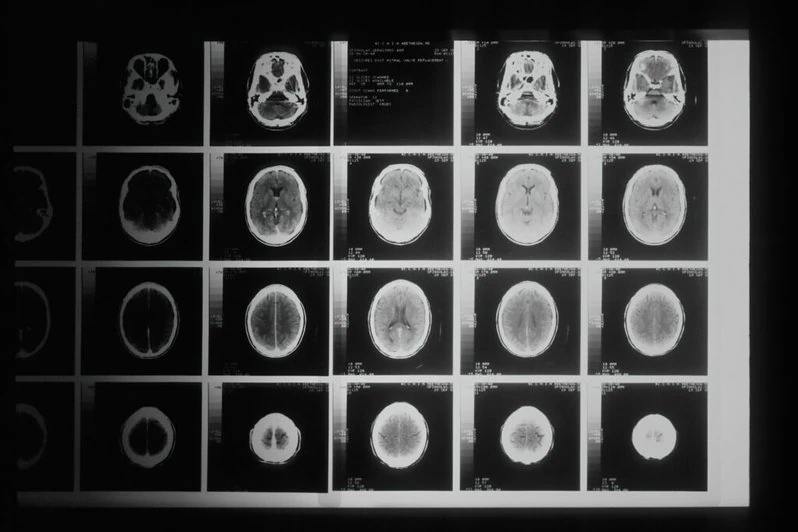
UF Health hope to refine and accelerate the analysis of tumors with artificial intelligence. University of Florida Health researchers have deployed artificial intelligence to refine and accelerate the evaluation of a common type of brain tumor. The findings involve analyzing certain chemical characteristics of…
Researchers pinpoint brain area where people who are blind recognize faces identified by sound
WASHINGTON – Using a specialized device that translates images into sound, Georgetown University Medical Center neuroscientists and colleagues showed that people who are blind recognized basic faces using the part of the brain known as the fusiform face area, a region that is crucial…
Health Ranger Report: Dr. Elizabeth Lee Vliet warns about the dangers of 5G and EMF radiation
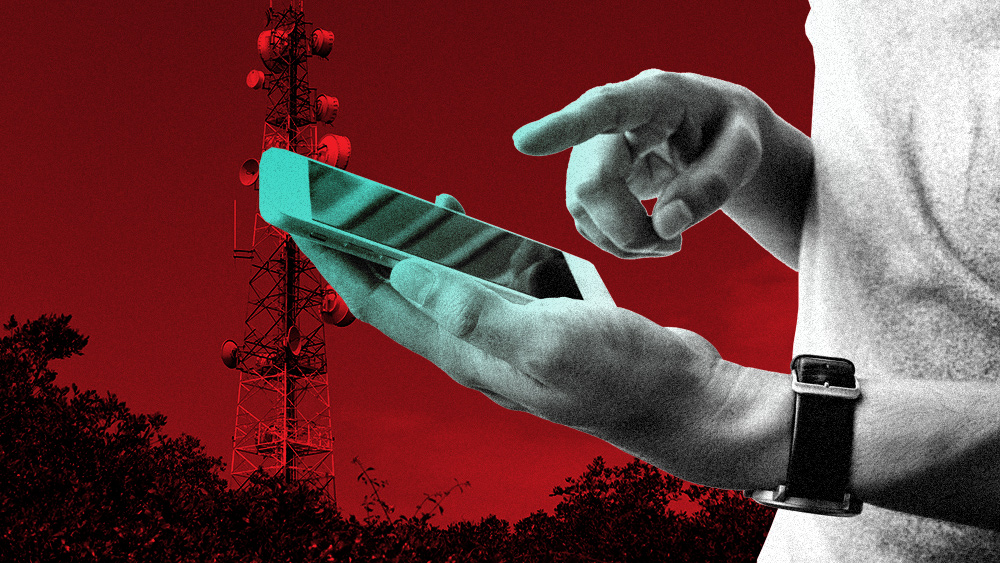
Advertisement Dr. Elizabeth Lee Vliet sat down with the Health Ranger Mike Adams during a recent interview on the “Health Ranger Report” to talk about the dangers of 5G and electromagnetic field (EMF) radiation . According to Vliet, radiation therapy uses ionizing radiation. In…
The Brain Isn’t as Adaptable as Some Neuroscientists Claim
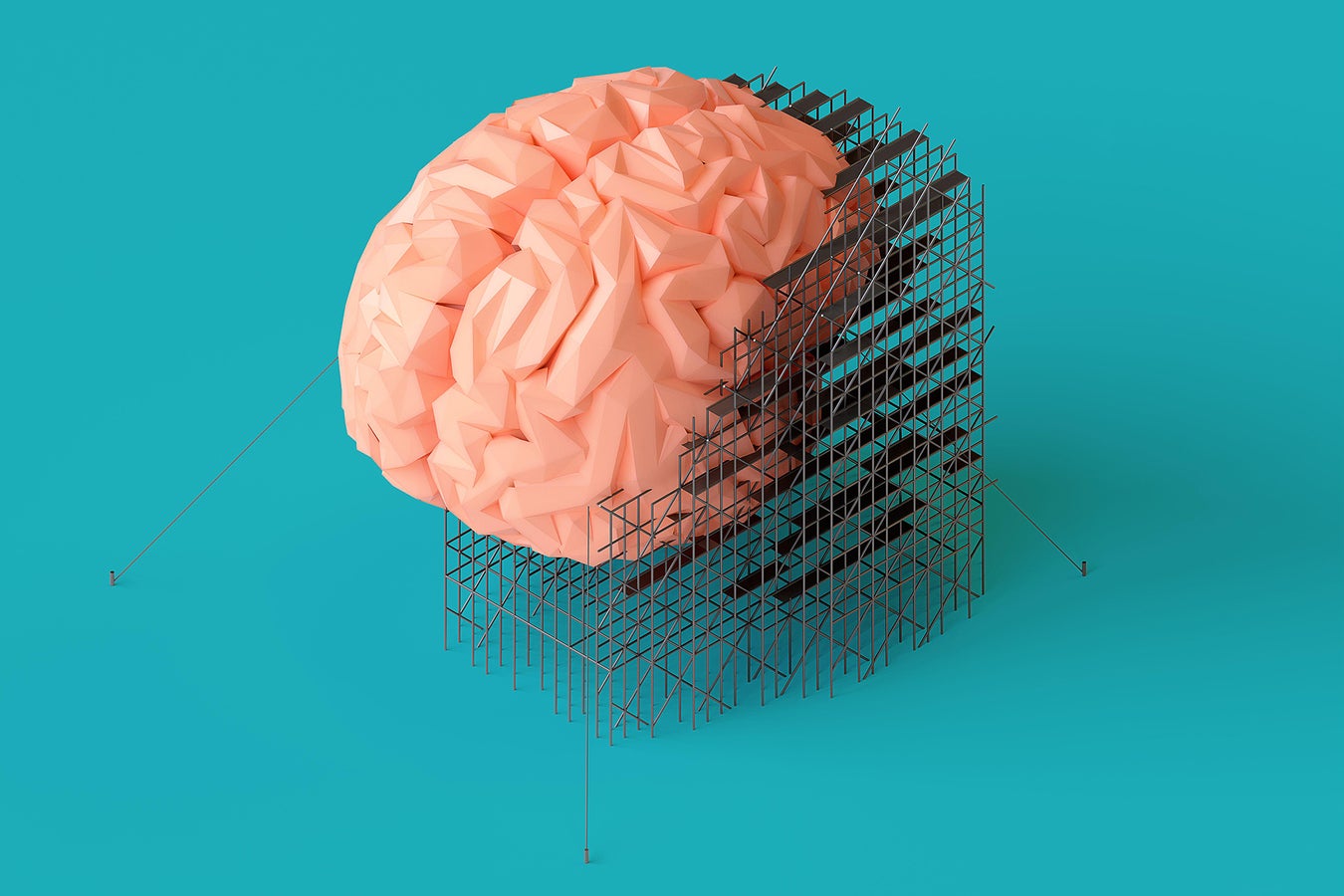
The idea of treating neurological disorders by marshaling vast unused neural reserves is more wishful thinking than reality By John Krakauer & Tamar Makin Credit: Artur Kamalov/Alamy Stock Photo The human brain’s ability to adapt and change, known as neuroplasticity, has long captivated both…
Neuroscientists pinpoint how memories are likely to be stored in the brain
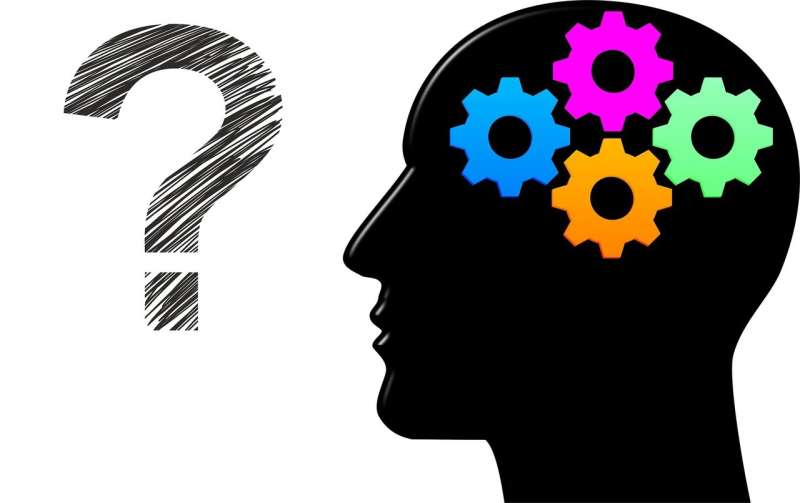
Credit: CC0 Public Domain What is the mechanism that allows our brains to incorporate new information about the world, and form memories? New work by a team of neuroscientists led by Dr. Tomás Ryan from Trinity College Dublin shows that learning occurs through the…
Yale study exposes common chronic symptoms people experience after receiving COVID-19 vaccines
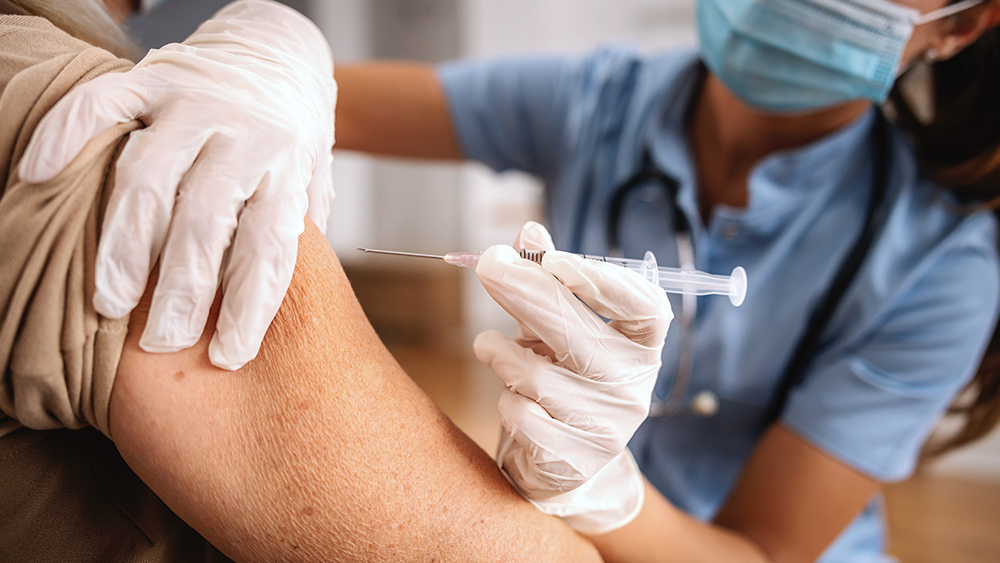
Advertisement With all the focus on serious COVID-19 vaccine injuries and deaths, it is easy for less dramatic side effects to fly under the radar. However, many people who received these jabs are now contending with a host of chronic symptoms that affect their…
Researchers Identify Brain Center Responsible for Responses to Rapid Temperature Change

Research Similar to the tale of the boiling frog, flies more likely to react to rapid heating We’ve all heard it: Put a frog in boiling water, and it will jump out. But put the same frog in lukewarm water and heat it gradually,…
